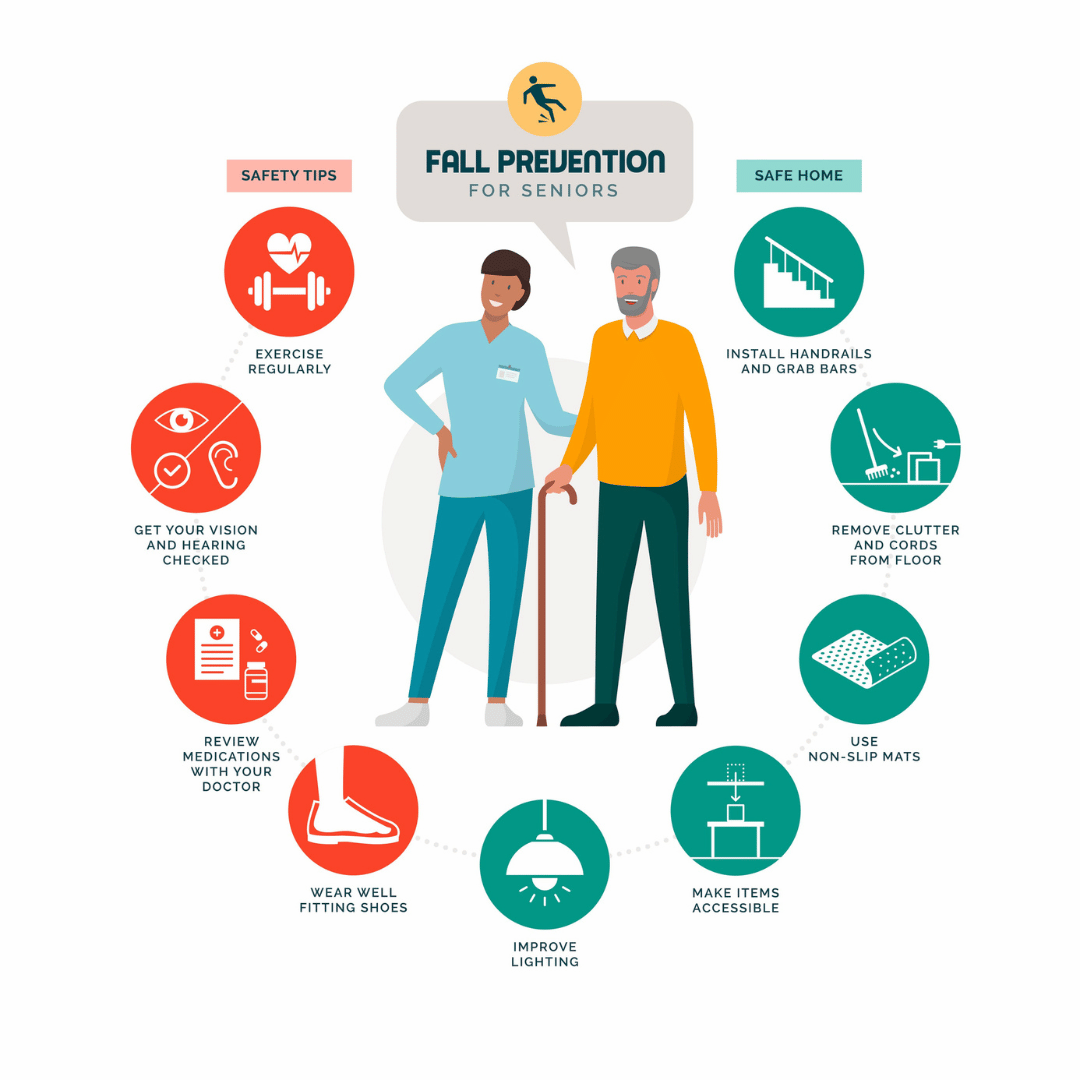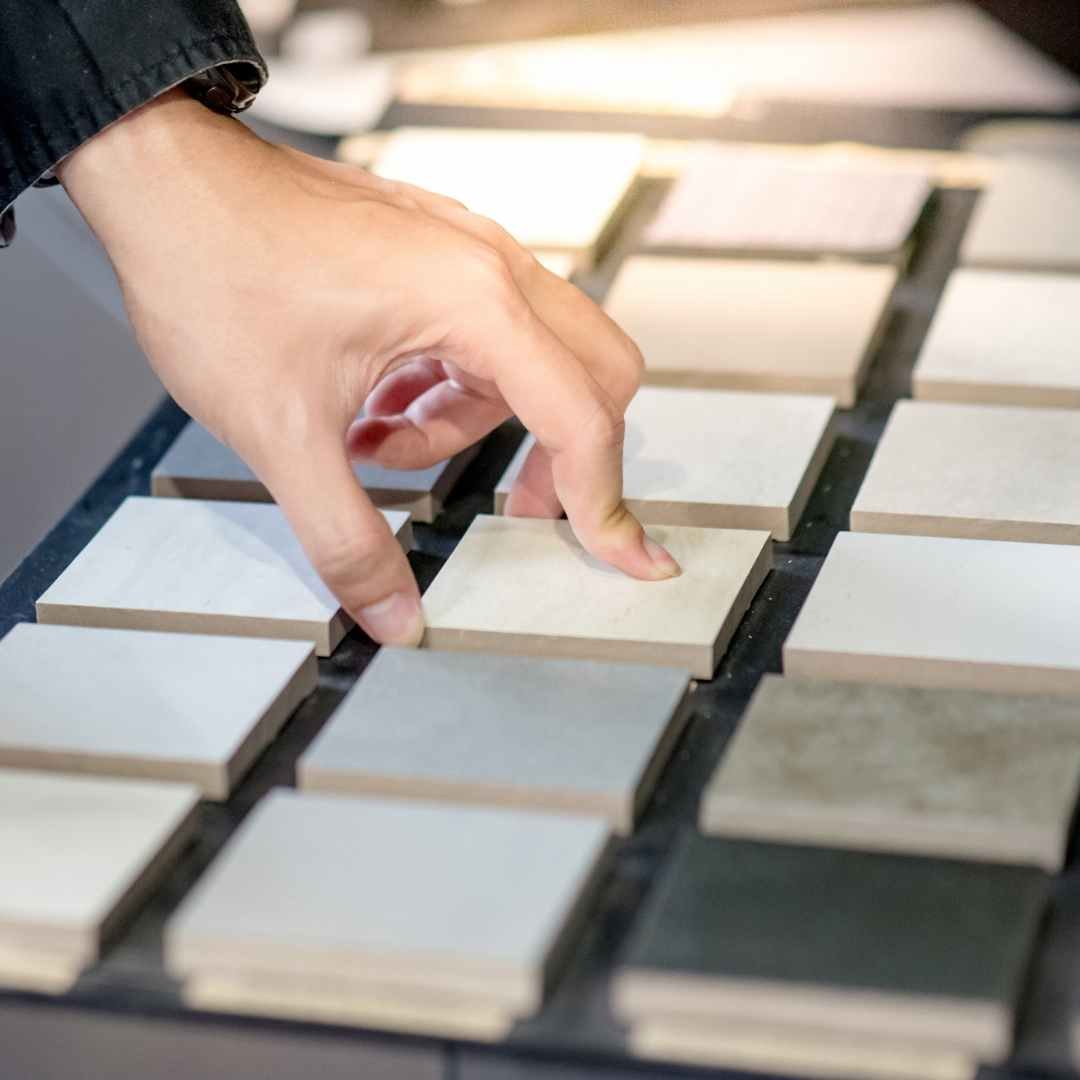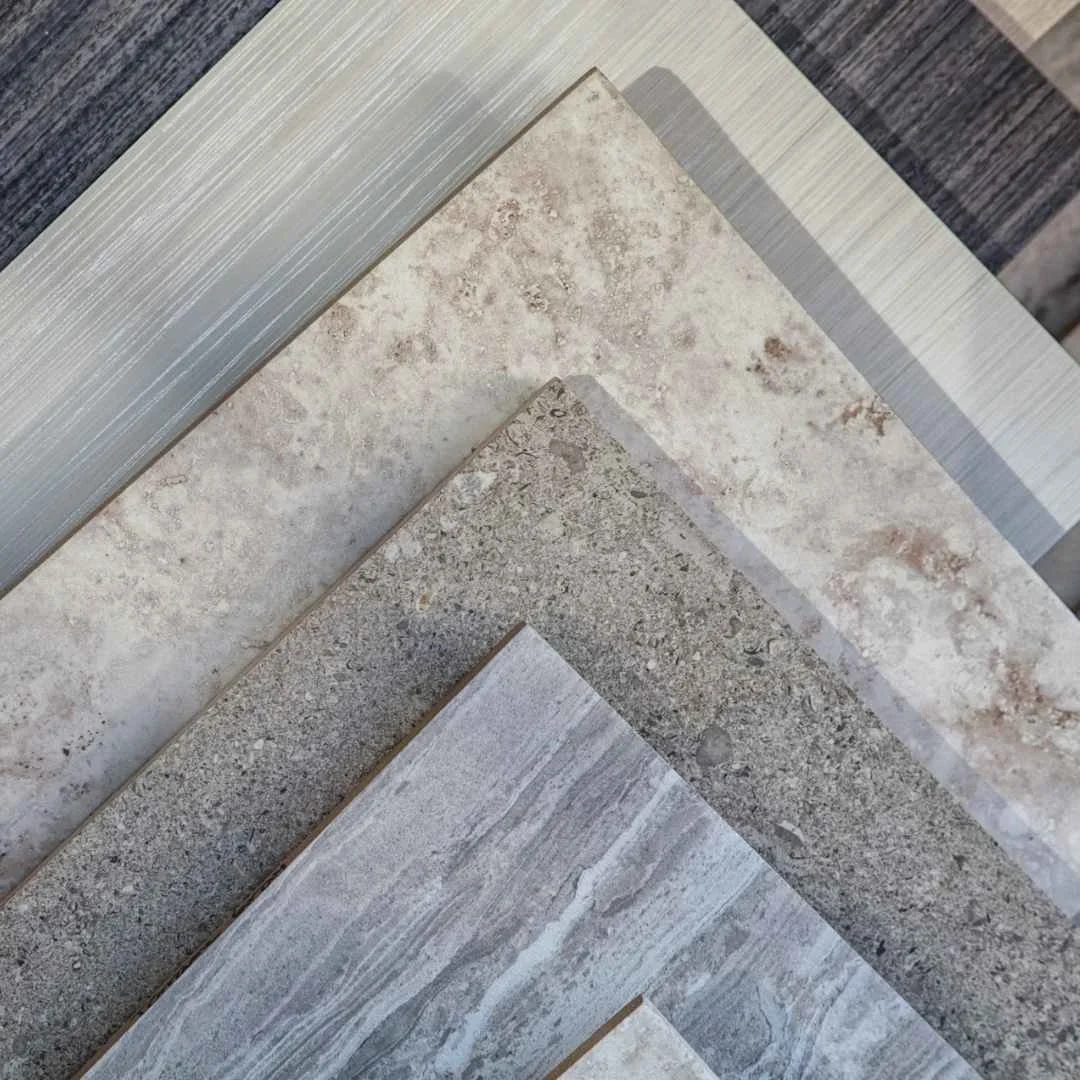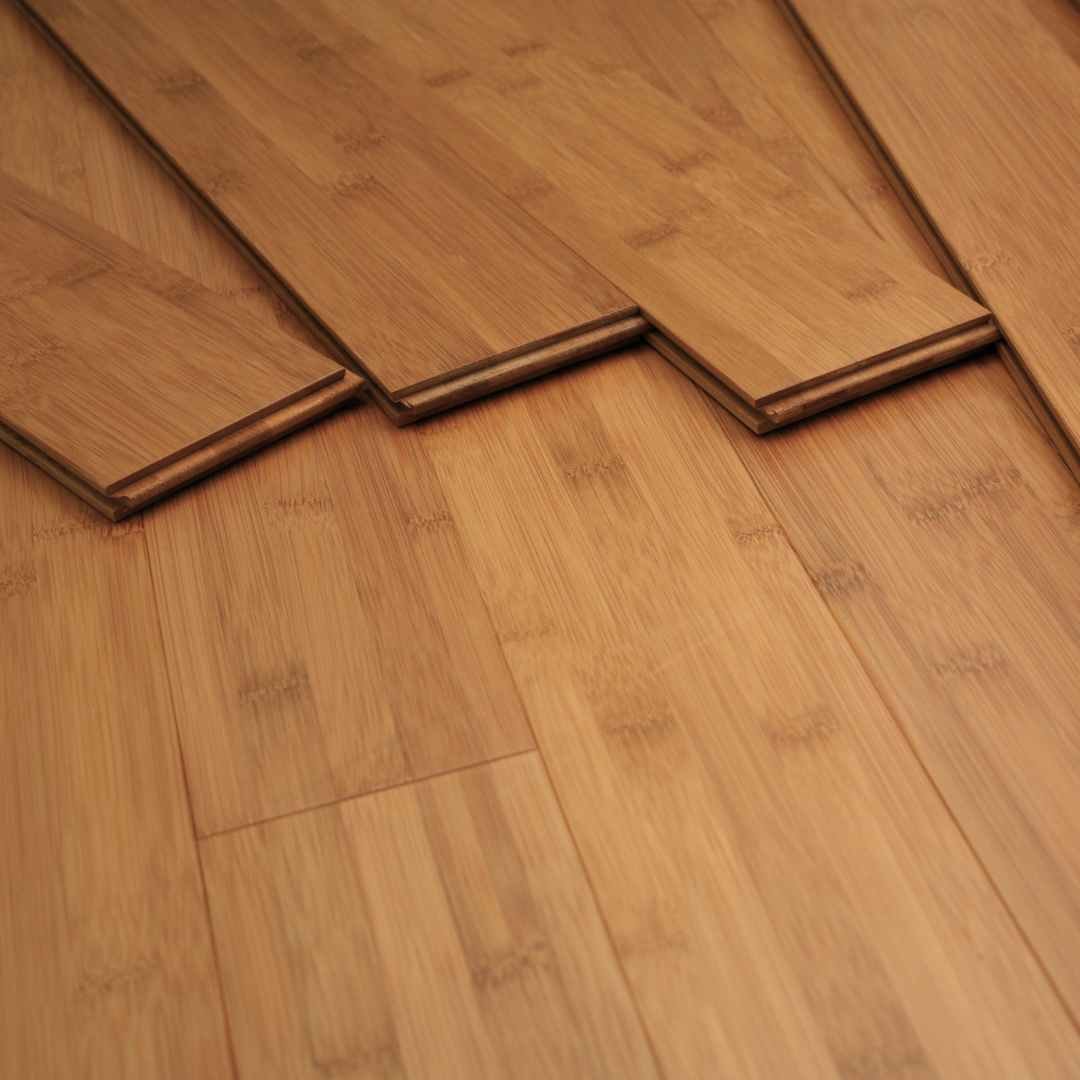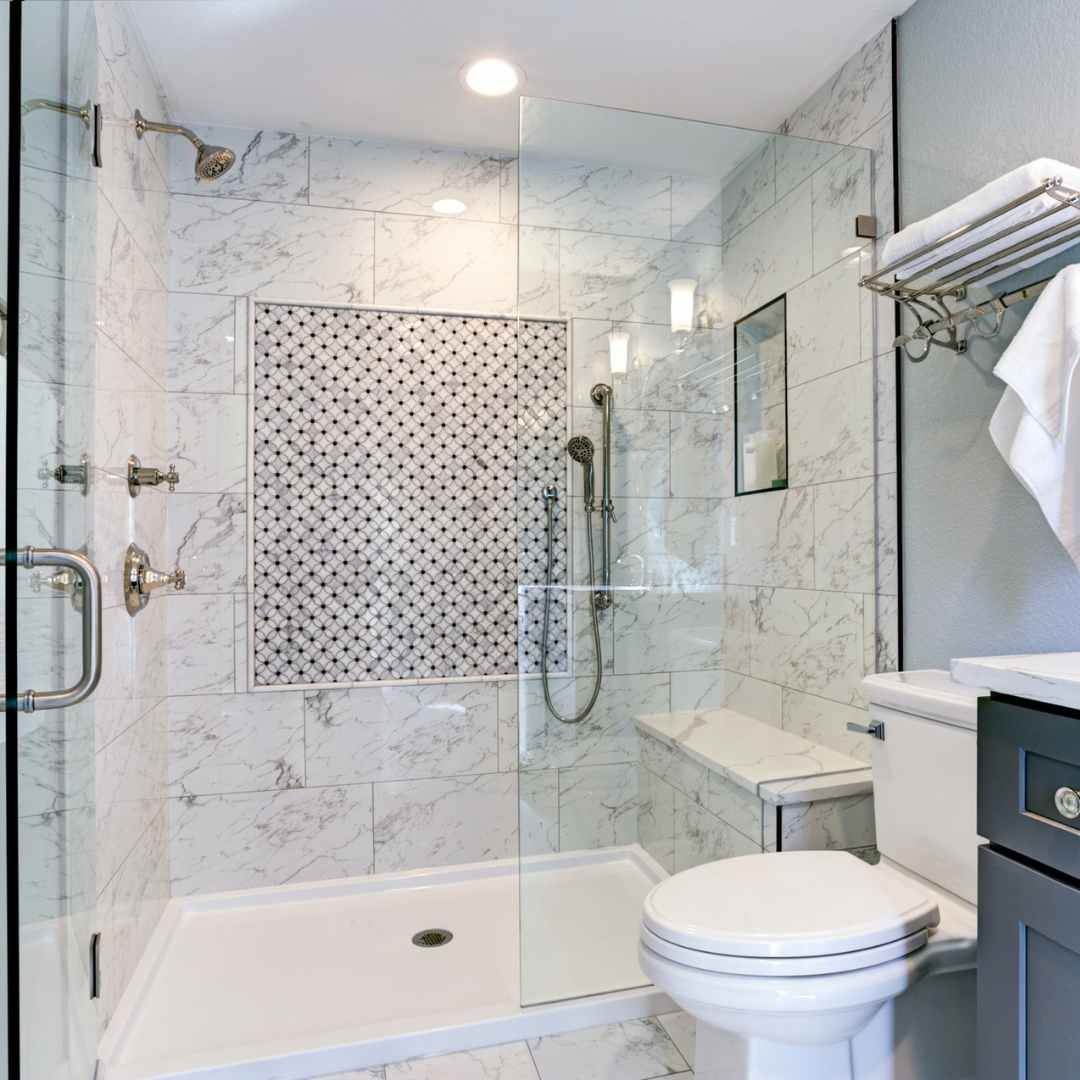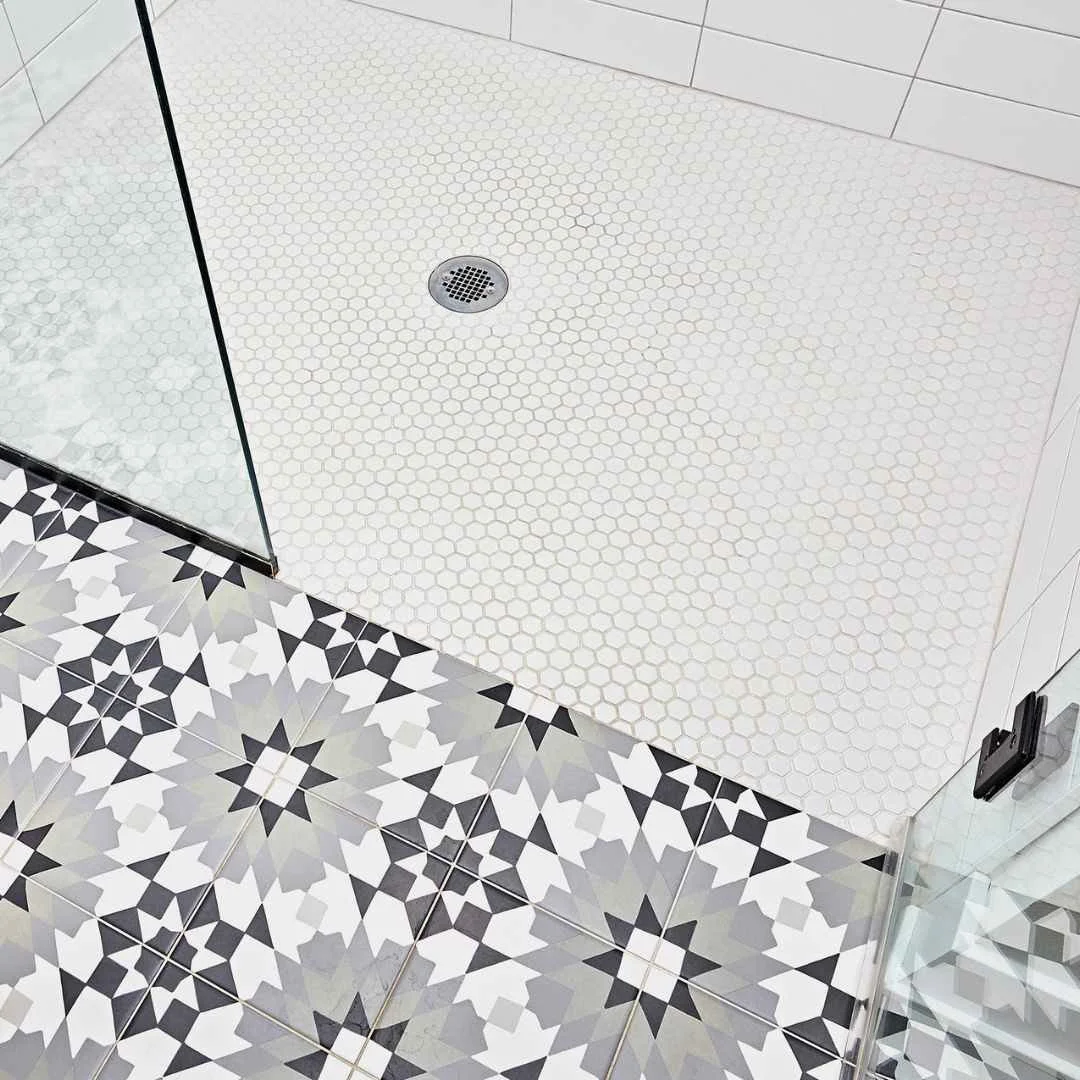Non-Slip Bathroom Floor & Shower Floor Options for Seniors
As we age, certain everyday activities that were once simple and effortless can become more challenging. One such activity is using the bathroom. Slippery bathroom floors can pose a significant risk to seniors, leading to dangerous falls and injuries. To create a safe and senior-friendly environment, it is essential to invest in non-slip flooring. We will explore different types of slip-resistant flooring options and provide tips for selecting the best floor tiles for your bathroom.
The Importance of Non-Slip Bathroom Flooring Options
The bathroom is one of the most accident-prone areas in a home, especially for seniors. Slippery surfaces, such as traditional ceramic tiles or vinyl floors, can be hazardous, particularly when they get wet. According to the Centers for Disease Control and Prevention (CDC), falls in the bathroom are a leading cause of injuries among older adults. Installing waterproof non-slip flooring for your next remodel is a crucial step towards creating a safe and secure space for seniors.
Types of Anti-Slip Bathroom Flooring Options
When it comes to safe bathroom flooring, there are several options to choose from. Each material has its unique characteristics, benefits, and considerations. Let's explore some of the most popular choices:
Porcelain Tile: A Top Choice for Non-Slip Tiles
Porcelain tile is a highly durable and versatile option for non-slip flooring. It is made from dense clay fired at high temperatures, resulting in a hard and moisture-resistant surface. Porcelain tiles are available in various finishes, including textured options that provide excellent slip resistance. Additionally, they come in a wide range of colors and patterns, allowing you to achieve your desired aesthetic while ensuring safety.
Ceramic Tile: Affordable and Durable Floor Tile
Ceramic tiles are another popular choice for non-slip bathroom floors. They are made from a mixture of clay, minerals, and water, which is then baked at high temperatures. Ceramic tiles are known for their affordability and durability. To enhance slip resistance, opt for ceramic tiles with a textured or matte finish. These tiles provide better grip, even when wet, reducing the chances of accidents in the bathroom.
Natural Stone: A Luxurious and Slip-Resistant Flooring Product
If you're looking to add a touch of luxury to your bathroom while ensuring safety, natural stone is an excellent choice for non-slip flooring. Materials like granite, marble, and slate offer a beautiful and timeless aesthetic. Natural stone tiles often have inherent texture and roughness, making them naturally slip-resistant. However, it's essential to choose a finish that provides adequate grip, as some polished stones can be slippery when wet.
Vinyl Flooring: A Versatile and Budget-Friendly Option
Vinyl flooring is a popular option for those on a budget. Not only is it affordable, but it also offers excellent water resistance and slip resistance. Vinyl tiles often come with a textured surface that enhances traction, providing a safe environment for seniors. Additionally, vinyl flooring is easy to clean and maintain, making it a practical choice for bathroom spaces.
Bamboo Flooring: A Sustainable and Stylish Choice
For eco-conscious individuals, bamboo flooring is an excellent alternative to traditional materials. Bamboo is a renewable resource that grows much faster than hardwood trees, making it a sustainable choice. It is naturally resistant to moisture and has a unique texture that provides excellent traction. Bamboo flooring is available in various styles and colors, allowing you to create a stylish and non-slip bathroom floor.
Comparing the Pros and Cons of Different Safe Flooring Materials
When selecting the right safe flooring material, it's essential to consider the advantages and disadvantages of each option. Let's compare the pros and cons of the materials we discussed earlier:
Porcelain Tile
Pros:
Highly durable and long-lasting
Moisture-resistant
Wide range of colors and patterns
Excellent slip resistance with textured finishes
Cons:
Can be more expensive than other options
Requires professional installation for optimal results
Ceramic Tile
Pros:
Affordable and readily available
Durable and resistant to scratches
Textured or matte finishes provide slip resistance
Easy to clean and maintain
Cons:
Can chip or crack if heavy objects are dropped on it
Not as luxurious as natural stone options
Natural Stone
Pros:
Luxurious and timeless aesthetic
Naturally slip-resistant with textured finishes
Durable and long-lasting
Adds value to the home
Cons:
Requires regular sealing to maintain water resistance
Some polished stones can be slippery when wet
Vinyl Flooring
Pros:
Affordable and budget-friendly
Excellent water resistance
Easy to install, clean, and maintain
Wide variety of styles and colors
Cons:
Not as luxurious as other options
Can be susceptible to scratches and dents over time
Bamboo Flooring
Pros:
Sustainable and eco-friendly option
Naturally resistant to moisture
Unique texture provides slip resistance
Available in various styles and colors
Cons:
Requires regular sealing to maintain water resistance
Can be more expensive than other options
Slippery When Wet Shower Floors: Choosing the Best Options
In addition to choosing non-slip flooring for the bathroom, it is crucial to pay attention to the shower floor. The shower area is particularly prone to slips and falls due to the accumulation of water and soap residue. Here are some tips to make your shower floor non-slip:
Install a textured shower pan: Opt for a shower pan with a textured surface that provides better traction underfoot. Avoid smooth or glossy finishes that can be slippery when wet.
Use non-slip mats or adhesive strips: Place non-slip mats or adhesive strips on the shower floor to provide additional grip. These inexpensive solutions can be easily removed and replaced when needed.
Clean regularly: Keep the shower floor clean and free from soap residue, which can make it slippery. Use mild cleaners and non-abrasive scrub brushes to maintain a clean and slip-resistant surface.
Consider a shower chair or bench: For added safety and convenience, install a shower chair or bench. This allows seniors to sit while showering, reducing the risk of falls.
Tips for Selecting the Best Tile Floor for Your Bathroom
Choosing the right non-slip floor tiles for your bathroom requires careful consideration. Here are some tips to help you make an informed decision:
Prioritize slip resistance: Look for tiles with a high slip resistance rating, such as those with textured or matte finishes. These surfaces provide better traction, even when wet.
Consider maintenance: Consider the amount of maintenance required for each type of flooring material. Some options, like natural stone, may require regular sealing to maintain their slip resistance and water resistance.
Think about aesthetics: While safety is paramount, you don't have to compromise on style. Choose floor tiles that complement your bathroom's design and create a cohesive look.
Seek professional advice: If you're unsure about which type of non-slip floor tiles to choose, consult with a professional. They can assess your specific needs and recommend the best options for your bathroom.
Conclusion: Best Non-Slip Bathroom Flooring Ideas
Installing non-slip bathroom flooring is a crucial step towards creating a safe and senior-friendly space. With a variety of materials to choose from, such as porcelain tile, ceramic tile, natural stone, vinyl flooring, and bamboo flooring, you can find a non-slip option that suits your budget and aesthetic preferences. Remember to consider the pros and cons of each material, prioritize slip resistance, and take steps to make the shower floor non-slip. By following these tips and selecting the best non-slip floor tiles for your bathroom, you can create a safe and stylish environment for both yourself and your loved ones.

